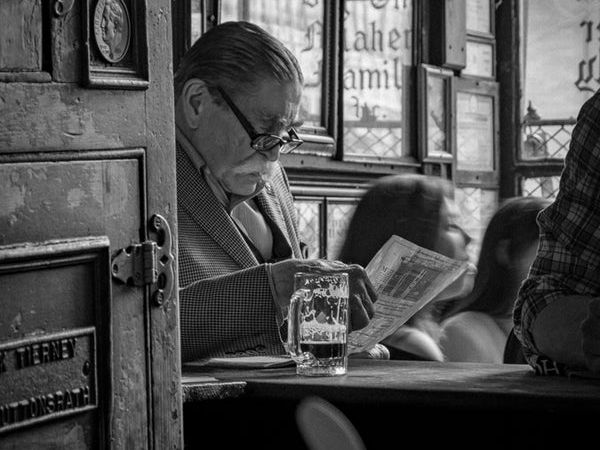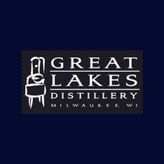Contest News
Delivered to your inbox

By Clicking “Sign Me Up”, you confirm you have read, understand and agree to our Privacy Policy

About a hundred and twenty years ago, the Milwaukee liquor industry was dealt a death blow. Here is how it happened.
The distilleries and the breweries grew up here before the Civil War in competitive harmony, even though beer was not then used as a chaser. With Milwaukee whiskey selling for 15 cents a gallon, there was little need for slowing down consumption by the use of chasers of any kind.
During the Civil War, the Federal government slapped a $1 a barrel tax on beer and a $1 a gallon on whiskey, which made beer drinking a bargain and led thrifty Milwaukeeans to change their drinking habits.
After the war, the whiskey tax was raised to $2 a gallon, even though President Ulysses Grant, of all people should have known better. There were then eight distilleries in Milwaukee and a number of others outside the city limits. The local distillers were Otto Bierbach, Brunst & Casperi, Koeffler Bros., O’Neill & Reynolds, Rindshopf & Son, J.B. Schram, P. Young, and Schuckman and Waldeck.
Even in those days, Milwaukee was a law abiding community and the distillers paid the $2 tax, grumbling all the way. But before long they ran into difficulty with competition from Chicago distillers. Chicago whiskey was selling here for $1.15 a gallon. Bierbach, Brunst, Koeffler, Rindshopf and their friends figured out that if the Chicagoans could sell whiskey that was taxed at $2 a gallon, for $1.15 they must not be paying the tax. They were paying off the people charged with enforcing the tax instead. Most of the Milwaukeeans switched over to the new rules that were developed by the Chicagoans. Washington found its liquor tax wasn’t bringing in much revenue, but everyone else was satisfied until 1876, when the stakes were raised.
It was then that Congress decided that a manufacturer of contraband booze would be subject to a prison term as well as a fine. Jacob Nunnemacher, for one decided to get out of the business. He sold his Nunnemacher Distillery, located well out in the country near what is now 27th & Oklahoma, to the Kinnickinnic Distilling Co. He had been willing to take a chance with a fine, but wasn’t ready to go to jail. The Kinnickinnic outfit, despite its catchy name , didn’t last long, and within a few years only three distilleries remained in the city. They were Meadow Spring Distilling Co., Wm. Bergenthal Co., and John Meiner.
By 1916, there were only two distilleries here, although one had three companies operating out of the same address. National Distilling was one, and S.C. Herbst was the other. Herbst’s three firms were, Benson Creek Distillery, Old Judge Distilling Co., and the Old John E. Fitzgeralds Distillery.
Prohibition closed these distilleries down, but the real turning point was in 1876, when Jake Nunnemacher decided that he didn’t want to risk going to jail.
We are passionate about supporting them. Come along, we are sharing amazing stories & images that will inspire and entertain you.
